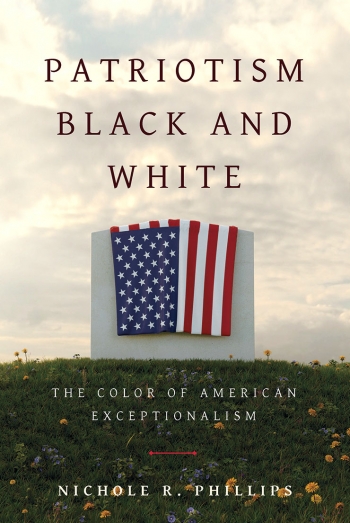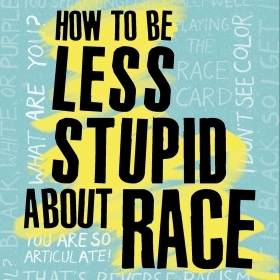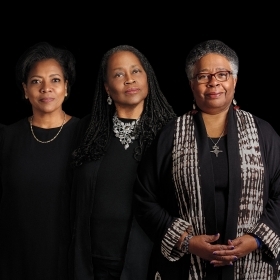At Wellesley, Nichole Phillips ’93 was a biochem major with her sights set on medical school. Today, after earning her M.Div. at Harvard Divinity School and M.A. and Ph.D. at Vanderbilt, she is an ordained minister and assistant professor of sociology, religion, and culture at the Candler School of Theology at Emory University. We spoke with Phillips about her new book and her path to an academic life.
You spent four years doing ethnographic research among black and white evangelicals in West Tennessee. What did you discover?
The Bible Belt, where people see no dissonance between the insertion of religion into political spheres or politics into religious spheres, fascinated me. Ultimately, the book ends up being about the ways in which patriotism, this human blood sacrifice, becomes a defining feature for what it means to be American. [Sociologist] Robert Bellah identifies it as American civil religion. I was entering the community at the height of the war in Iraq, a time patriotism was high. That’s the crux of the book—how patriotism funds American civil religion, which is American national identity. I am contending that if we want to understand what was happening on the ground in 2016 with our presidential cycle and this racially coded message of “making America great again,” we can’t just look at the campaign trail in 2016. We have to go back to the beginnings of the war on terror. During my time in this community [2006–2009] transformations were happening—which included the election of Barack Obama. With the market crisis, the housing crisis, the different wars, there was a crisis in American national identity that remains today.
Describe your journey from the physical sciences to an academic career.
When I arrived at Wellesley, even though I was a biochem major, I was a religion minor. I was pre-med and had aspirations of going to med school. I’ve always bridged the sciences and religion. I’ve never had a conflict with being a person of faith who thinks scientifically. I was involved with Ministry to Black Women, which was part of Ethos and Harambee House. At the time, in my four years there, we had two chaplains who were ordained black women, clergywomen from area churches. I was exposed to these highly educated women, and I [thought], “Oh my goodness. I can combine one profession with another. I can be a clergyperson and do something else with my life.” Instead of going to med school right away, I ended up at divinity school so I could be a theologically grounded physician. But in the end, the academic study of religion won out. I’m a social scientist of religion. I put sociology and anthropology in conversation with religion.
What’s next?
I’m beginning work on a second book that looks at black motherhood and mourning.
Grace is a senior associate editor of this magazine.







We ask that those who engage in Wellesley magazine's online community act with honesty, integrity, and respect. (Remember the honor code, alums?) We reserve the right to remove comments by impersonators or comments that are not civil and relevant to the subject at hand. By posting here, you are permitting Wellesley magazine to edit and republish your comment in all media. Please remember that all posts are public.